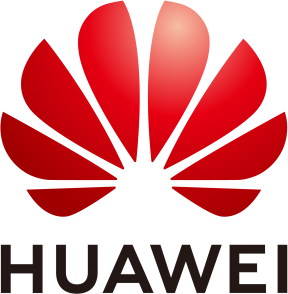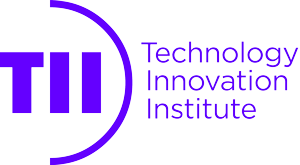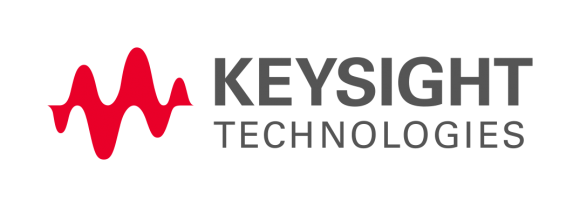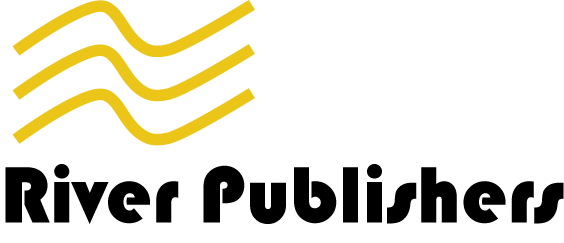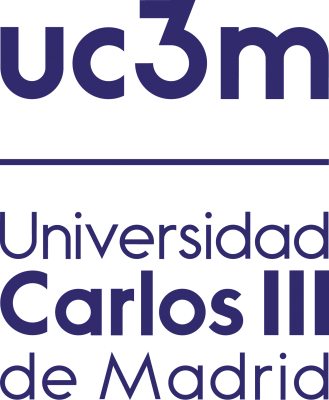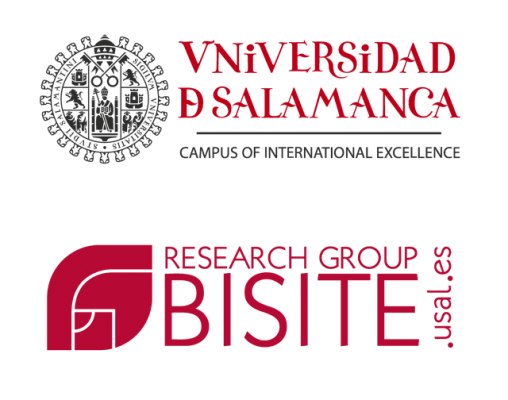Virtual Program:
All papers of the channel coding workshop are scheduled on Dec. 7th, in Madrid Time. Even though there are dates/times associated with the sessions, the virtual attendees can view the video presentation on demand at any time because the attendees are from all over the world.
Please find the virtual platform link below:
https://ieee-globecom-virtual.org/presentation/workshop/ws07-workshop-channel-coding-beyond-5g
It’s likely that there might be some attendees who watch the presentations at the time that they are scheduled. As such, the authors should try their best to be in the session in case there are live questions on your presentations. If authors are connected online at that time, they may interact with the audience via chat or video conference tools that are provided in the conference virtual platform. This is not required, it is an option for the authors who would like to interact with attendees.
If the authors are not able to join the session when it is scheduled, then they will be notified via email if there are questions on your video presentation. They can respond to the questions through the virtual conference platform.
PLEASE NOTE: The video presentations are available for on demand access until December 30.
Keynote:
- [9:00-9:40, Live Q&A] Machine Learning-Aided Channel Coding: Opportunities and Challenges (Hessam Mahdavifar, University of Michigan, USA)
Polar codes:
- [9:40-10:00] Shortened Polarization Kernels, Grigorii Trofimiuk (ITMO University, Russia)
- [10:00-10:20] On Convolutional Precoding in PAC Codes, Mohammad Rowshan and Emanuele Viterbo (Monash University, Australia)
- [10:20-10:40] Analysis of Polarization-adjusted Convolutional Codes (PAC): A Source-Channel Coding Method, He Sun (Beihang University, China); Emanuele Viterbo (Monash University, Australia); Rong Ke Liu (Beihang University, China)
- [10:40-11:00] Delayed Bit-Interleaved Polar Coded Modulation with Superposition Gray Labeling, Xiaowei Wu, Min Qiu and Jinhong Yuan (University of New South Wales, Australia)
- [11:00-11:20] Polar List Decoding for Large Polarization Kernels, Bhaskar Gupta (Indian Institute of Technology Bombay, India); Hanwen Yao and Arman Fazeli (University of California, San Diego, USA); Alexander Vardy (University of California San Diego, USA)
Frontiers on coding:
- [11:20-11:40] Impact of Channel Memory on the End-to-end Communication Latency, Qixing Guan and Xiaoli Xu (Southeast University, China)
- [11:40-12:00] Deterministic Identification Over Poisson Channels, Mohammad Javad Salariseddigh and Uzi Pereg (Technical University of Munich, Germany); Holger Boche (Technical University Munich, Germany); Christian Deppe (Technical University of Munich, Germany); Robert Schober (Friedrich-Alexander University Erlangen-Nuremberg, Germany)
- [12:00-12:20] Neural Joint Source-Channel Decoding using Arithmetic Codes, Zijian Liang, Kai Niu and Jincheng Dai (Beijing University of Posts and Telecommunications, China)
Keynote:
- [14:00-14:40] Practical Near-Maximum-Likelihood Decoding for beyond 5G (Warren J. Gross, McGill University, Canada)
LDPC codes:
- [14:40-15:00] Chained LDPC Codes via Partial Information Coupling and Partial Parity Superposition, Qianfan Wang (School of Electronics and Communication Engineering, Sun Yat-sen University, China); Li Chen and Xiao Ma (Sun Yat-sen University, China)
- [15:00-15:20] Parity Check Matrix Partitioning for Layered Decoding of QC-LDPC Codes, Teng Lu and Xuan He (Southwest Jiaotong University, China); Peng Kang (Singapore University of Technology and Design, Singapore); Xiaohu Tang (Southwest Jiaotong University, China)
- [15:20-15:40] A Hybrid MLC and BICM Coded-Modulation Framework for 6G, Ruimin Yuan, Jian Fang, Rongchi Xu and Baoming Bai (Xidian University, China); Jiaqing Wang (China Academy of Telecommunications Technology, China)
- [15:40-16:00] Modeling a Sliding Window Decoder for Spatially Coupled LDPC Codes, Min Zhu (Xidian University, China); David G. M. Mitchell (New Mexico State University, USA); Michael Lentmaier (Lund University, Sweden); Daniel J. Costello, Jr. (University of Notre Dame, USA)
Near-ML decoding:
- [16:00-16:20] Stochastic Flipping Decoding for Short Polar Codes, Yuzhou Shang and Zhaoyang Zhang (Zhejiang University, China)
- [16:20-16:40] A Tree Search Approach for Maximum-Likelihood Decoding of Reed-Muller Codes, Seyyed Ali Hashemi (Stanford University, USA); Nghia Trung Doan and Warren Gross (McGill University, Canada); John Cioffi (Stanford University, USA); Andrea Goldsmith (Princeton University, USA)
- [16:40-17:00] SISO Decoding of U-UV Codes, Changyu Wu (Sun Yat-Sen University, China); Li Chen (Sun Yat-sen University, China)
- [17:00-17:20] High-performance low-complexity error pattern generation for ORBGRAND decoding, Carlo Condo (Infinera, Canada); Valerio Bioglio (France Research Center, Huawei Technologies Co. Ltd., Italy); Ingmar Land (Huawei Technologies France & Paris Research Centre, France)



